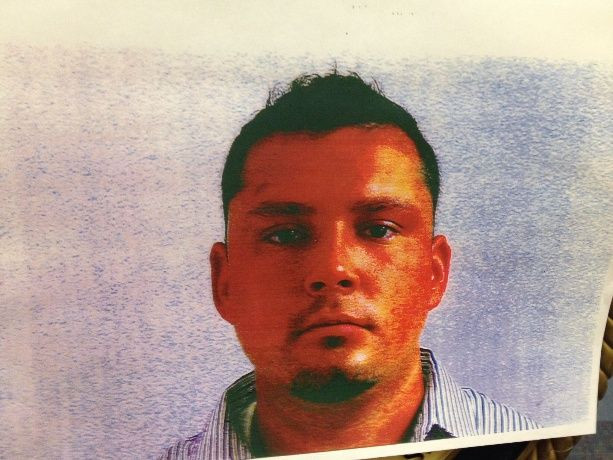"Serial Infector" Charged With Triggering Hepatitis C Outbreak in NH Hospital Arrested

An ex-employee of a New Hampshire hospital nicknamed "serial infector" was charged Thursday with causing a hepatitis C outbreak involving at least 30 patients who were treated in Exeter Hospital’s cardiac cathertization lab.
David Matthew Kwiatkowski, who worked as a medical technician at the hospital from April 2011 to May 2012, is accused of illegally obtaining prescription drugs and tampering with a consumer product, according to a press release from the US Attorney’s office in Concord, New Hampshire.
The 33-year-old Michigan native, who worked as a traveling medical technician in at least six other states, is believed to have been infected with hepatitis since June 2010.
Kwiatkowski was accused of stealing syringes containing Fentanyl, an anesthetic more powerful than morphine, injecting himself with them and then putting another liquid, such as saline, into the syringes which were later used to inject patients in the hospital, resulting in hepatitis C outbreak, a blood-borne viral infection that can cause liver disease and chronic health issues, among many of the hospital's patients.
“The evidence gathered to date points irrefutably to Kwiatkowski as the source of the hepatitis C outbreak at Exeter Hospital,” US Attorney John P. Kacavas said in the release. “With his arrest, we have eliminated the menace this ‘serial infector’ posed to public health and safety.”
Kwiatkowski was arrested Thursday morning at a Massachusetts hospital where he had been undergoing treatment, after the investigation revealed that 30 patients, all who had been treated at the hospital during the time Kwiatkowski worked there, tested positive for the same strain of the virus with which the former lab technician is infected with and authorities found an empty syringe and several needles in his car.
Authorities said that Kwiatkowski had been involved in a similar incident at a hospital in another state, but they did not provide details.
The US attorney’s office is working with public health officials in other states where Kwiatkowski had worked and the Centers for Disease Control and Prevention to address “possible public health implications.”
Published by Medicaldaily.com



























